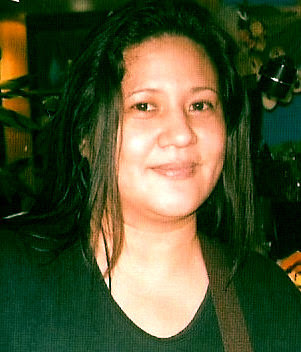It’d be wrong to fall into the trap of believing that the world is in an irreparably terrible state; by most metrics that we’d use to measure the state of the world, we’re doing pretty well. But equally, it would be wrong to think that there aren’t some significant problems that need to be addressed. One such example of these modern problems is the rise of fake news, which has become especially difficult to contain in recent years. This has been in part because of the ease in which the internet has enabled the spreading of fake news, but there are also bigger issues too.
No matter the cause of fake news, it’s clear that if we’re going to live in a democratic society, then fake news must be deleted from the narrative. The question is: how do you combat it? There’ll be roles to play in this battle from various organizations throughout the society, most notably from the government, the media, and social media networks. But perhaps the most underrated contribution will come from librarians, who are especially good at educating the public and can thus show them how to spot fake news and reduce its impact. In many ways, the issue isn’t that fake news exists; it’s that it’s becoming more and more difficult to determine what’s real and what’s not.
No matter the cause of fake news, it’s clear that if we’re going to live in a democratic society, then fake news must be deleted from the narrative. The question is: how do you combat it? There’ll be roles to play in this battle from various organizations throughout the society, most notably from the government, the media, and social media networks. But perhaps the most underrated contribution will come from librarians, who are especially good at educating the public and can thus show them how to spot fake news and reduce its impact. In many ways, the issue isn’t that fake news exists; it’s that it’s becoming more and more difficult to determine what’s real and what’s not.













